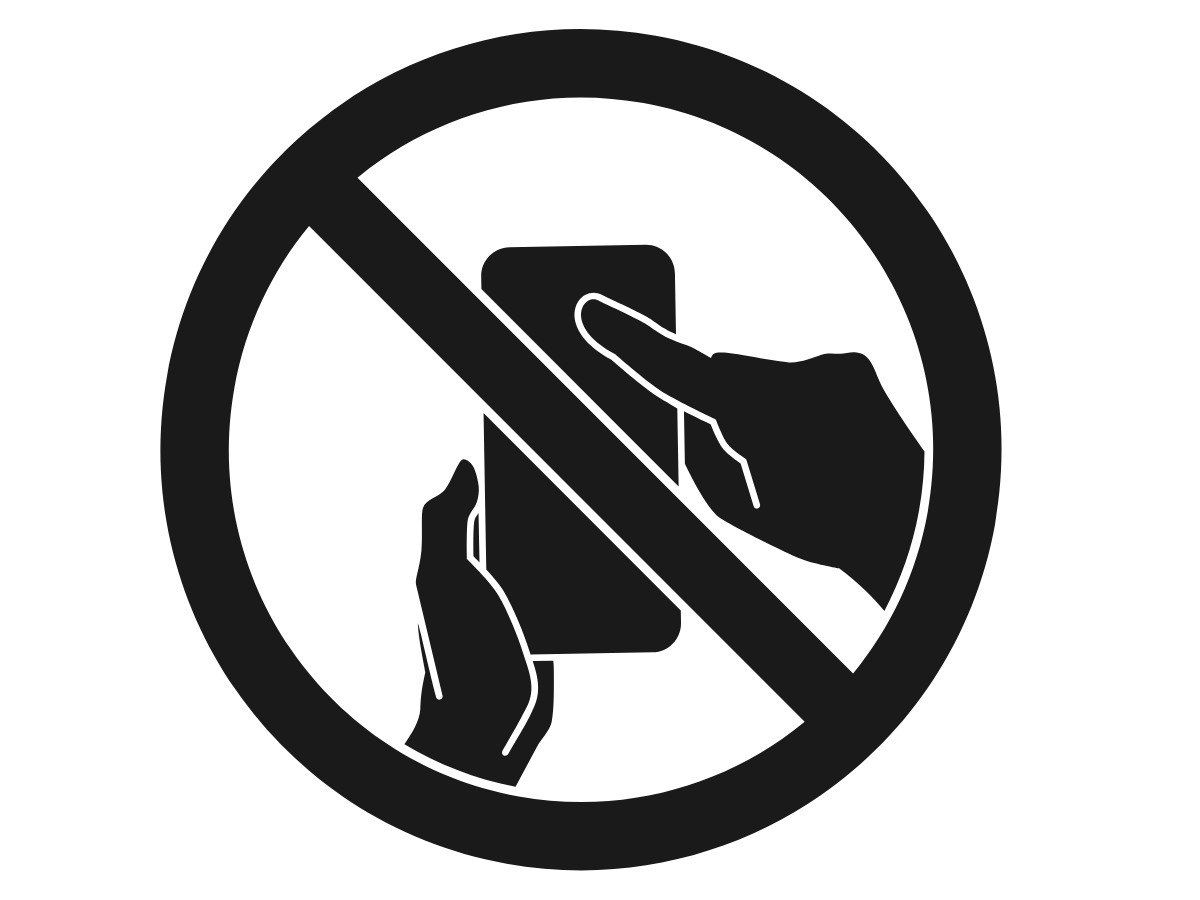ACTCOSS today welcomed the release of the , the ACT Government’s strategy to strengthen and support families. The strategy aims to build a restorative, therapeutic and trauma-informed child protection system that is also transparent, accessible and accountable.
ACTCOSS also acknowledged the strategy’s prioritising of Aboriginal and/or Torres Strait Islander families, with a clear commitment to implementing recommendations from the Our Booris, Our Way report, further support for Aboriginal Community Controlled Organisations and the establishment of an Aboriginal and/or Torres Strait Islander Children and Young People’s Commissioner.
ACTCOSS CEO, Dr Emma Campbell said: “The strategy demonstrates the ACT Government’s commitment to improving trust and transparency and building a continuum of support for families in our communities.
“This includes establishing best-practice external and internal review mechanisms for child protection decisions will increase oversight and accountability and contribute to a system that is truly restorative in focus.
“We also welcome work to extend the provision of care and support to 21 years of age. Children are rarely independent at 18, and our systems must reflect that reality. The longer we can support young people, the more likely they are to continue their education, experience positive mental health, avoid homelessness and engagement with the criminal justice system.”
The new strategy also recognises the importance of partnering with community to improve service models, policies, and practices and includes the establishment of a Ministerial Council that elevates the voices of people with lived experience of the care and protection system in the ACT.
Head of the Gulanga Program Manager, Rachelle Kelly-Church said: “The ACT community has long been calling for more investment in Aboriginal and/or Torres Strait Islander Community Controlled Organisations and the establishment of an Aboriginal Children and Young People’s Commissioner.
“These reforms are urgently needed because Aboriginal and/or Torres Strait Islander children in the ACT are than non-Indigenous children, and more than 30% of Aboriginal children in out-of-home care are still being placed with non-Indigenous carers who are not relatives or kin.
“Addressing these serious system failures will require careful and ongoing consultation with Aboriginal communities in the ACT.”
Dr Campbell said: “Whilst welcome, some of these reforms are long overdue. In particular, the commitment to establishing internal and external review mechanisms was made some time ago, but we have yet to see them implemented and utilised.
“To protect the young people in our communities, the ACT Government must also further their commitment to raising the minimum age of criminal responsibility to 14 by resourcing the necessary service system reforms as recommended in .
“The Next Steps for Our Kids strategy and principles it sets out are important. It’s time to get on with the work of making our community safer and more supportive for all families, children and young people,” Dr Campbell concluded.






